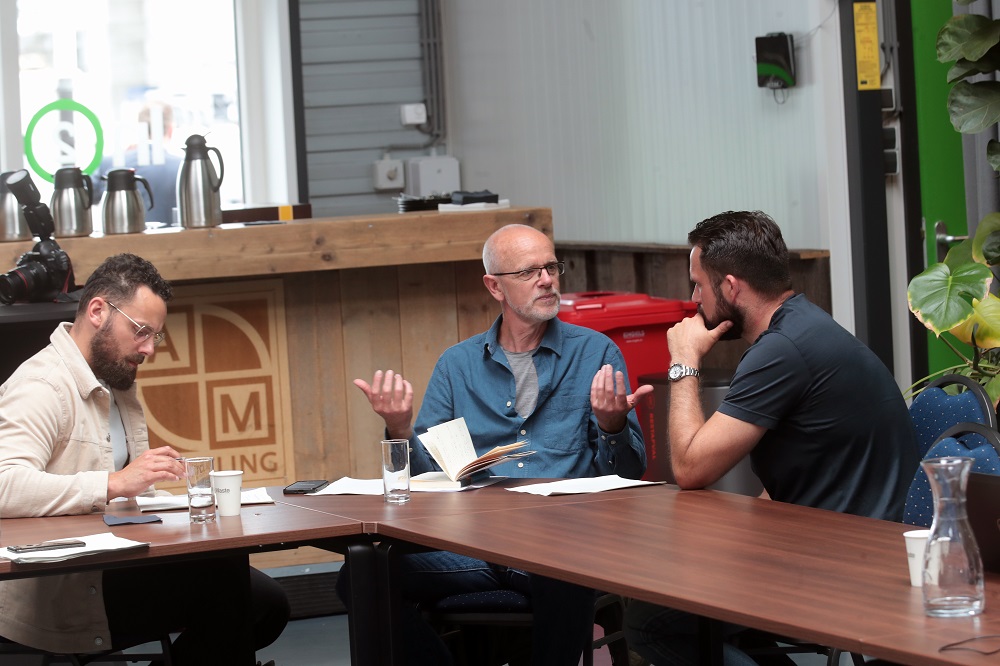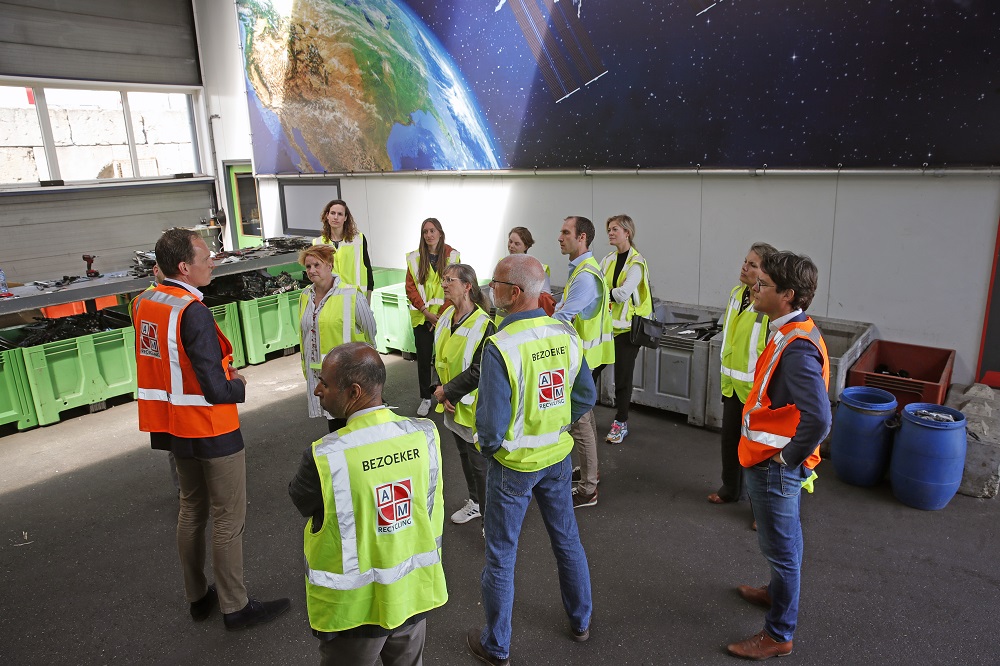Parties to the Metals Agreement visit the A&M Group
How do you work together on due diligence in the metals sector? And what challenges and opportunities does this bring? During a working visit to the A&M Group (A&M Recycling and In2Waste Solutions), the parties to the Metals Agreement discussed this with each other.
 © John de Pater
© John de Pater
Challenges
Several recyclers that are parties to the Metals Agreement encountered challenges in the past year when applying due diligence in their chain. The due diligence toolbox has therefore been improved over the past year, so that tools and templates better match the activities of metal recycling companies. The next step is to make due diligence feasible for these companies. The parties to the Agreement do this jointly. A good understanding of each other's working methods helps with this.
For civil society organisations and the government it is important too to have a good overview of the processes of a metal recycling company, so that they can offer the right support. The parties were therefore given a tour by In2Waste Solutions, the knowledge and innovation centre of the A&M Group, at their Innovation Plant in the port of Rotterdam. This was followed by a presentation about the recycling process, industry developments and the future vision of the A&M Group. After that, it was up to the parties themselves to discuss circularity and international RBC in the metals sector. Here, the companies were able to discuss their personal due diligence challenges. The physical meeting was also a first real meeting for a number of organisations, after years of online meetings due to corona.

© John de Pater
Rob van Vijfeijken, CFO A&M Group: “Deepening the knowledge of civil society organisations about metal recycling improves the quality of the input for our due diligence process. In this way, we work jointly and on two tracks on responsible metal chains.”
Getting started
In the coming period, companies will work on mapping human rights and environmental risks in their chains, after which they will develop an action plan to tackle these risks. The civil society organisations support companies that are doing this. In addition, with the help of civil society organisations and government, collective projects can be set up to implement improvements in the metal recycling chain.

© John de Pater
More information about the application of due diligence within the metal sector can be found on this page.
